-
 Bitcoin
Bitcoin $117,892.7399
-0.88% -
 Ethereum
Ethereum $3,436.0662
8.30% -
 XRP
XRP $3.2599
10.11% -
 Tether USDt
Tether USDt $1.0002
0.01% -
 BNB
BNB $717.3007
3.34% -
 Solana
Solana $176.4021
5.42% -
 USDC
USDC $0.9997
-0.02% -
 Dogecoin
Dogecoin $0.2159
6.54% -
 TRON
TRON $0.3116
3.64% -
 Cardano
Cardano $0.8084
7.68% -
 Hyperliquid
Hyperliquid $46.2989
-3.74% -
 Stellar
Stellar $0.4732
1.54% -
 Sui
Sui $4.0022
-0.66% -
 Chainlink
Chainlink $17.1611
3.71% -
 Hedera
Hedera $0.2461
3.30% -
 Bitcoin Cash
Bitcoin Cash $496.6743
-0.74% -
 Avalanche
Avalanche $22.9305
3.52% -
 Shiba Inu
Shiba Inu $0.0...01446
3.31% -
 UNUS SED LEO
UNUS SED LEO $8.8124
-0.07% -
 Toncoin
Toncoin $3.2407
4.13% -
 Litecoin
Litecoin $100.2127
2.57% -
 Polkadot
Polkadot $4.2312
2.34% -
 Monero
Monero $340.1485
1.97% -
 Pepe
Pepe $0.0...01370
3.49% -
 Uniswap
Uniswap $8.9383
-2.38% -
 Bitget Token
Bitget Token $4.7134
0.59% -
 Dai
Dai $0.9998
-0.04% -
 Ethena USDe
Ethena USDe $1.0003
-0.03% -
 Aave
Aave $323.6890
-1.90% -
 Bittensor
Bittensor $429.1624
-3.39%
What is Zero-Knowledge Proof (ZKP)?
Zero-knowledge proofs, a cryptographic tool, empower one party to demonstrate knowledge of a secret without revealing it, unlocking privacy-enhancing technologies and secure blockchain applications.
Feb 21, 2025 at 11:49 am
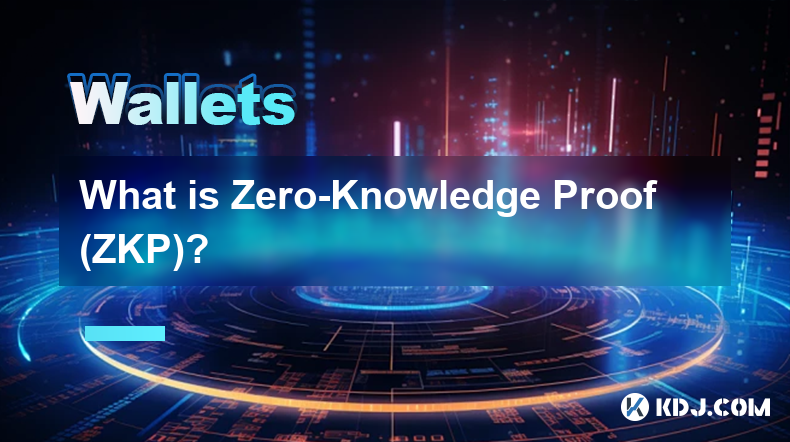
Key Points
- Zero-knowledge proofs are a cryptographic technique that allows one party to prove to another party that they know a secret without revealing the secret itself.
- Zero-knowledge proofs have a wide range of applications in cryptography, including privacy-enhancing technologies, anonymity networks, and blockchain.
- Several different types of zero-knowledge proofs exist, each with its own strengths and weaknesses.
What is Zero-Knowledge Proof (ZKP)?
A zero-knowledge proof (ZKP) is a cryptographic technique that allows one party (the prover) to prove to another party (the verifier) that they know a secret without revealing the secret itself. This is done by using a series of mathematical puzzles and challenges.
ZKPs have a wide range of applications in cryptography, including:
- Privacy-enhancing technologies: ZKPs can be used to create privacy-enhancing technologies that allow users to protect their sensitive data from unauthorized access. For example, ZKPs can be used to develop anonymous credentials that allow users to prove their identity without revealing their personal information.
- Anonymity networks: ZKPs can be used to create anonymity networks that allow users to communicate with each other without revealing their identities. For example, ZKPs can be used to develop onion routing networks, which allow users to send messages anonymously over the internet.
- Blockchain: ZKPs can be used to develop blockchain applications that are more scalable, secure, and private. For example, ZKPs can be used to develop zk-SNARKs, which are a type of ZKP that can be used to verify the validity of blockchain transactions without revealing the details of the transactions.
Types of Zero-Knowledge Proofs
There are several different types of zero-knowledge proofs, each with its own strengths and weaknesses. The most common types of ZKPs include:
- Interactive ZKPs: Interactive ZKPs require the prover and verifier to interact with each other in real time. This type of ZKP is typically used in applications where the verifier needs to be able to verify the prover's knowledge of the secret in a short amount of time.
- Non-interactive ZKPs: Non-interactive ZKPs do not require the prover and verifier to interact with each other in real time. This type of ZKP is typically used in applications where the verifier does not need to be able to verify the prover's knowledge of the secret in a short amount of time.
- Succinct ZKPs: Succinct ZKPs are a type of ZKP that is very efficient to verify. This type of ZKP is typically used in applications where the verifier needs to be able to verify the prover's knowledge of the secret many times.
How Zero-Knowledge Proofs Work
Zero-knowledge proofs work by using a series of mathematical puzzles and challenges. The prover generates a set of puzzles that the verifier must solve. The verifier then checks the prover's solutions to the puzzles to ensure that they are correct. If the prover's solutions are correct, the verifier is convinced that the prover knows the secret.
The following is a simplified example of how a zero-knowledge proof works:
- The prover generates a secret number.
- The prover generates a set of puzzles that are based on the secret number.
- The prover sends the puzzles to the verifier.
- The verifier solves the puzzles.
- The verifier checks the prover's solutions to the puzzles to ensure that they are correct.
If the prover's solutions are correct, the verifier is convinced that the prover knows the secret number. However, the verifier does not learn anything about the secret number itself.
Benefits of Zero-Knowledge Proofs
Zero-knowledge proofs have several benefits, including:
- Privacy: ZKPs allow users to prove their knowledge of a secret without revealing the secret itself. This can be very useful in applications where users need to protect their sensitive data from unauthorized access.
- Security: ZKPs are very secure. They are based on sound mathematical principles, and they have been proven to be resistant to attack.
- Efficiency: ZKPs are very efficient. They can be verified very quickly, even on low-powered devices.
FAQs
Q: What are some of the applications of zero-knowledge proofs?
A: Zero-knowledge proofs have a wide range of applications in cryptography, including privacy-enhancing technologies, anonymity networks, and blockchain.
Q: What are the different types of zero-knowledge proofs?
A: The most common types of zero-knowledge proofs include interactive ZKPs, non-interactive ZKPs, and succinct ZKPs.
Q: How do zero-knowledge proofs work?
A: Zero-knowledge proofs work by using a series of mathematical puzzles and challenges. The prover generates a set of puzzles that the verifier must solve. The verifier then checks the prover's solutions to the puzzles to ensure that they are correct. If the prover's solutions are correct, the verifier is convinced that the prover knows the secret.
Q: What are the benefits of zero-knowledge proofs?
A: Zero-knowledge proofs have several benefits, including privacy, security, and efficiency.
Disclaimer:info@kdj.com
The information provided is not trading advice. kdj.com does not assume any responsibility for any investments made based on the information provided in this article. Cryptocurrencies are highly volatile and it is highly recommended that you invest with caution after thorough research!
If you believe that the content used on this website infringes your copyright, please contact us immediately (info@kdj.com) and we will delete it promptly.
- C2 Blockchain, DOG Coins, and Acquisition: A Meme-Native Bitcoin Asset
- 2025-07-17 20:30:12
- Ethereum, Pepe, Crypto: Navigating the Wild West of Digital Assets
- 2025-07-17 20:30:12
- PUMP Presale Mania: CEX Transfers and the Token's Wild Ride
- 2025-07-17 20:50:11
- Hilbert Group & Tokenisation: Seed Round Success Signals DeFi's Institutional Future
- 2025-07-17 20:50:12
- Trump, Meme Coins, and Tokens: A Wild Ride in Crypto
- 2025-07-17 18:50:12
- Ripple's EU Expansion: RLUSD Takes Center Stage, XRP's Role Defined
- 2025-07-17 18:30:12
Related knowledge
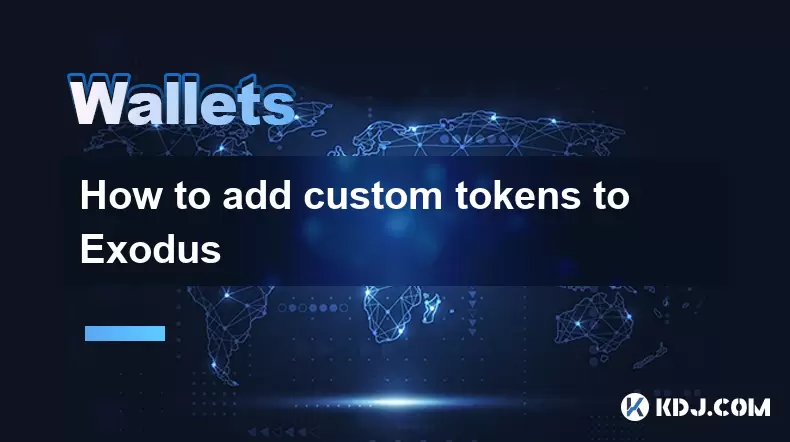
How to add custom tokens to Exodus
Jul 17,2025 at 08:57pm
Understanding Custom Tokens in ExodusExodus is a multi-asset wallet that supports a wide range of cryptocurrencies out of the box. However, there are ...
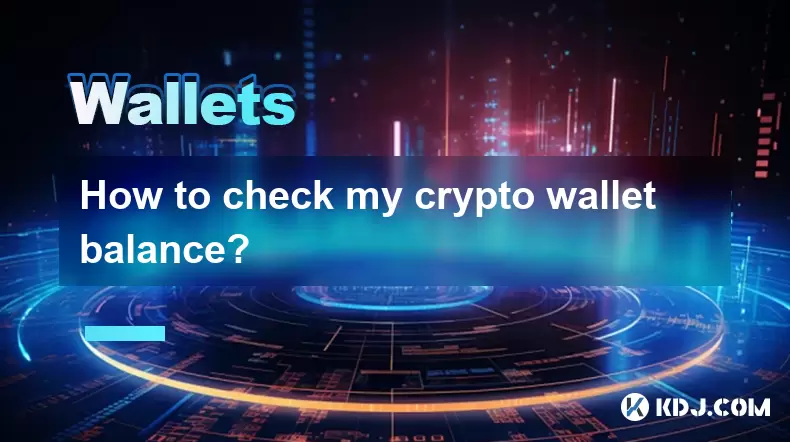
How to check my crypto wallet balance?
Jul 17,2025 at 06:28pm
Understanding Your Crypto Wallet BalanceWhen you hold cryptocurrencies, your wallet balance is a representation of the digital assets available for tr...
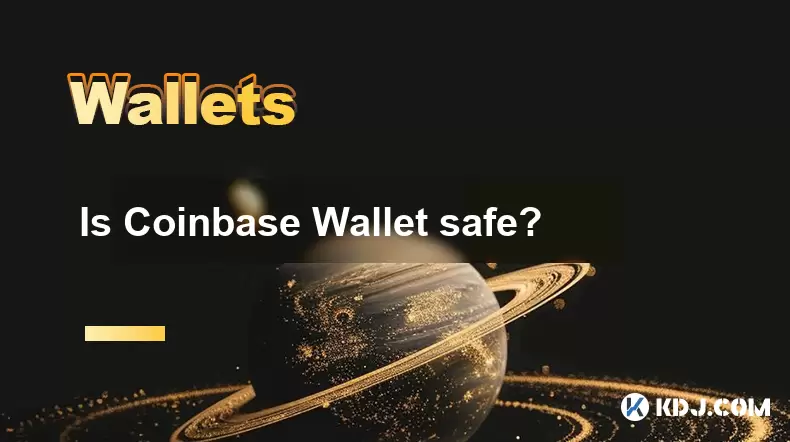
Is Coinbase Wallet safe?
Jul 17,2025 at 08:42pm
Understanding Coinbase Wallet: What It Is and How It WorksCoinbase Wallet is a digital wallet developed by Coinbase, one of the largest cryptocurrency...
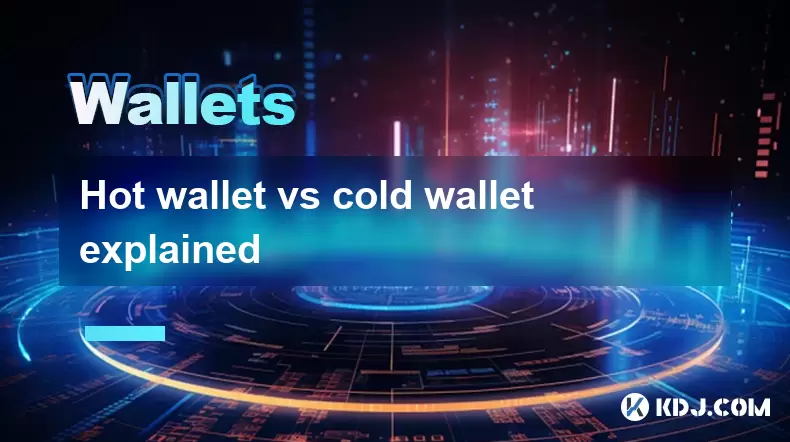
Hot wallet vs cold wallet explained
Jul 17,2025 at 05:28pm
What Is a Hot Wallet?A hot wallet is a type of cryptocurrency wallet that is connected to the internet. This allows for easy and quick access to digit...
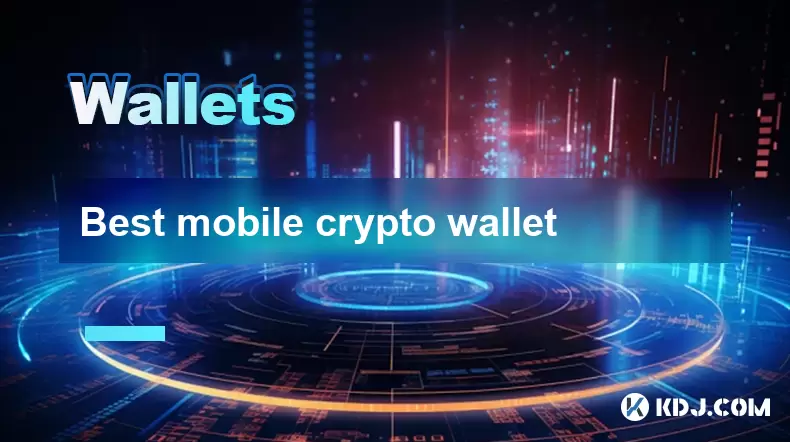
Best mobile crypto wallet
Jul 17,2025 at 08:35pm
What Makes a Mobile Crypto Wallet the Best?Choosing the best mobile crypto wallet involves evaluating several factors, including security, user interf...
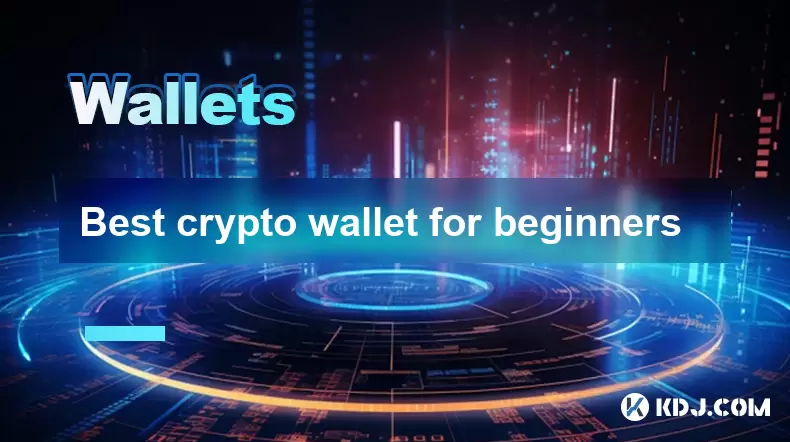
Best crypto wallet for beginners
Jul 17,2025 at 06:50pm
Understanding the Needs of a Beginner in CryptocurrencyWhen entering the world of cryptocurrency, beginners often face confusion about how to securely...

How to add custom tokens to Exodus
Jul 17,2025 at 08:57pm
Understanding Custom Tokens in ExodusExodus is a multi-asset wallet that supports a wide range of cryptocurrencies out of the box. However, there are ...

How to check my crypto wallet balance?
Jul 17,2025 at 06:28pm
Understanding Your Crypto Wallet BalanceWhen you hold cryptocurrencies, your wallet balance is a representation of the digital assets available for tr...

Is Coinbase Wallet safe?
Jul 17,2025 at 08:42pm
Understanding Coinbase Wallet: What It Is and How It WorksCoinbase Wallet is a digital wallet developed by Coinbase, one of the largest cryptocurrency...

Hot wallet vs cold wallet explained
Jul 17,2025 at 05:28pm
What Is a Hot Wallet?A hot wallet is a type of cryptocurrency wallet that is connected to the internet. This allows for easy and quick access to digit...

Best mobile crypto wallet
Jul 17,2025 at 08:35pm
What Makes a Mobile Crypto Wallet the Best?Choosing the best mobile crypto wallet involves evaluating several factors, including security, user interf...

Best crypto wallet for beginners
Jul 17,2025 at 06:50pm
Understanding the Needs of a Beginner in CryptocurrencyWhen entering the world of cryptocurrency, beginners often face confusion about how to securely...
See all articles

























































































